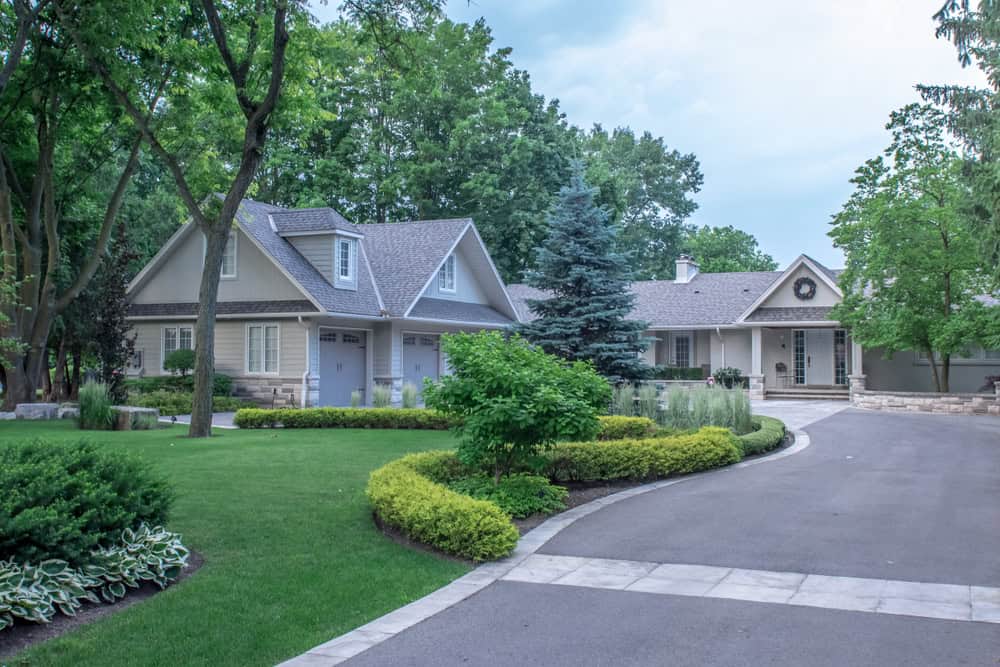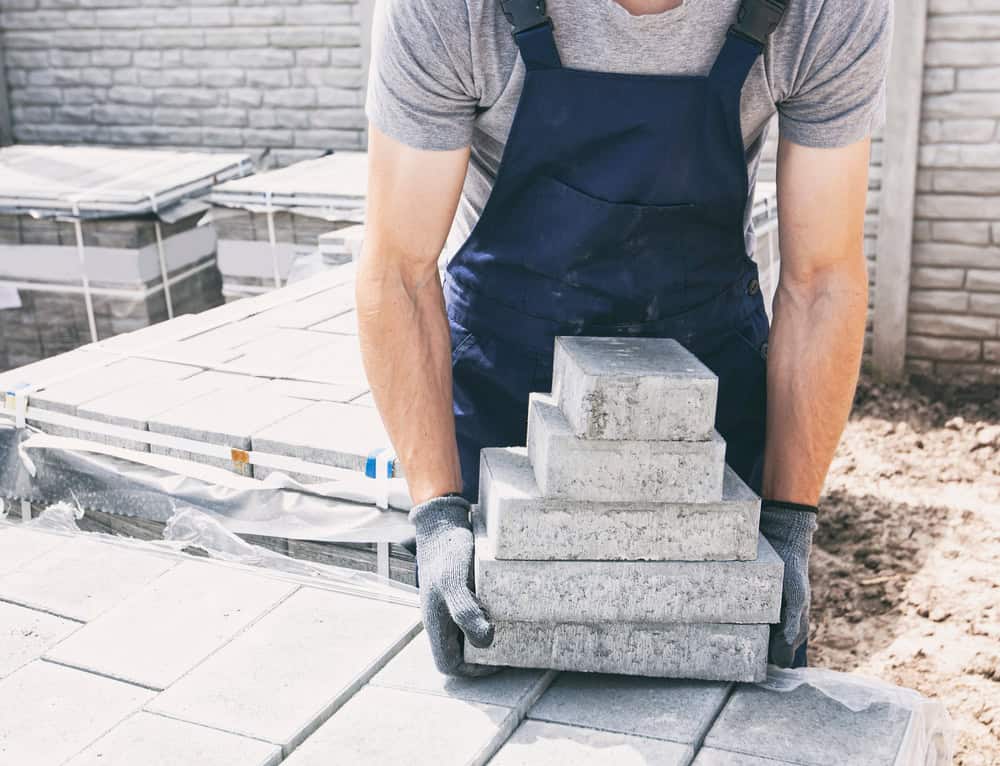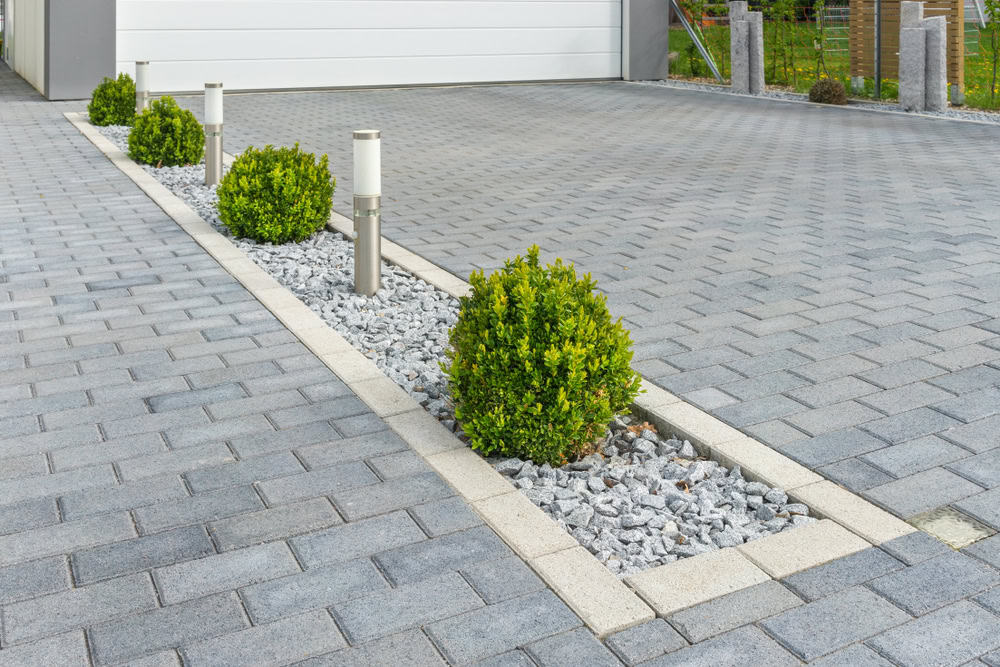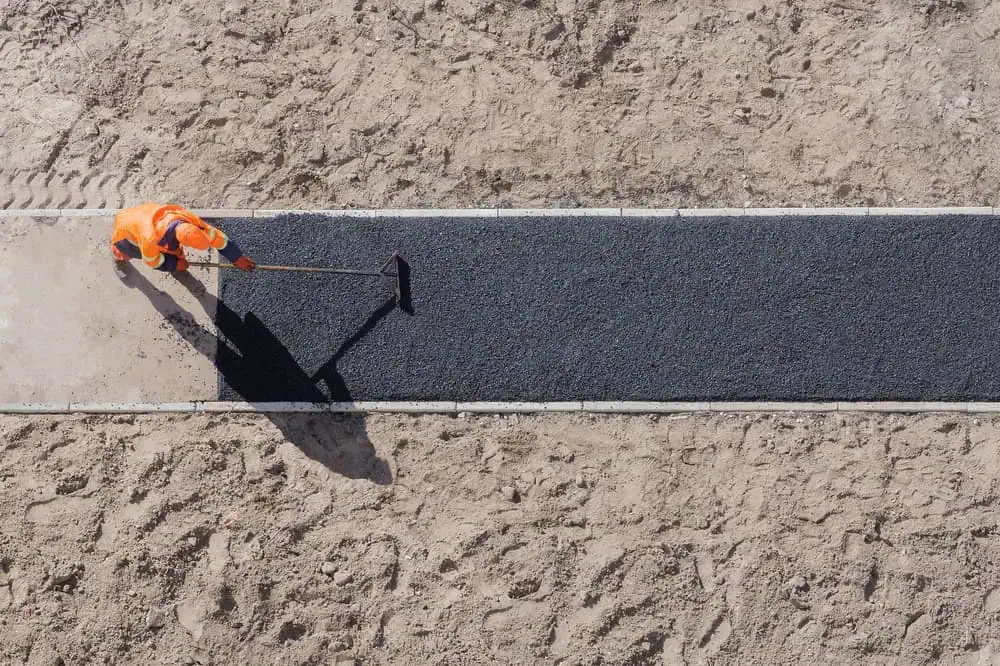Professional paver installation that won’t settle, shift, or disappoint you next spring.


You want a patio that doesn’t puddle when it rains. A driveway that doesn’t crack after one winter. Walkways that stay level and safe for your family.
That’s what proper paver installation gets you. No more dealing with concrete that cracks or asphalt that needs constant repairs. Just durable, attractive surfaces that handle everything Massachusetts weather throws at them.
Your neighbors will notice the difference. More importantly, you’ll enjoy outdoor spaces that actually work the way they should. Whether you’re hosting summer barbecues or just want a clean entrance to your home, quality pavers make your property more functional and valuable.
Academy Masonry has been installing pavers throughout Carlisle and surrounding communities for years. We understand local soil conditions, drainage requirements, and the freeze-thaw cycles that destroy poorly installed hardscaping.
You won’t find us cutting corners on base preparation or using substandard materials. Every project gets the same attention to detail, whether it’s a small walkway or a large patio installation.
We’re licensed, insured, and local. When you call, you’ll speak with someone who knows your neighborhood and has probably worked on similar projects nearby.

First, we excavate to the proper depth and grade for drainage. This isn’t negotiable in Massachusetts – without proper base preparation, your pavers will shift and settle within a few seasons.
Next comes the base material. We use crushed stone and sand, compacted in lifts to create a stable foundation. This step takes time, but it’s what separates professional installation from weekend DIY disasters.
Finally, we install your pavers with proper edge restraints and joint sand. Every paver gets checked for level and alignment. The result is a surface that looks great and performs reliably for decades, not just until the first hard freeze.

Ready to get started?
Every paver installation includes proper excavation, base preparation, and professional-grade materials. We handle permits when required and coordinate material deliveries to minimize disruption to your daily routine.
You’ll get a written estimate that breaks down materials and labor costs. No surprises, no change orders for “unforeseen” work that should have been obvious from the start. We’ve been doing this long enough to spot potential issues during the initial site visit.
Carlisle’s clay soil and seasonal weather patterns require specific installation techniques. We adjust our methods based on your property’s drainage characteristics and intended use. A pool patio gets different treatment than a front walkway, and we plan accordingly.

Local Resources